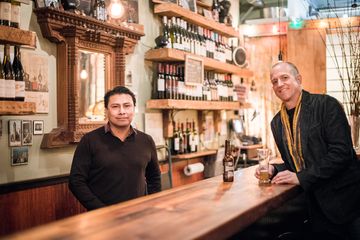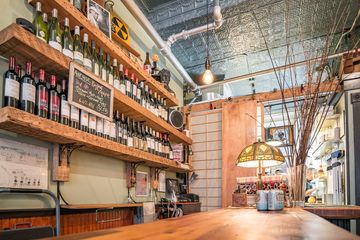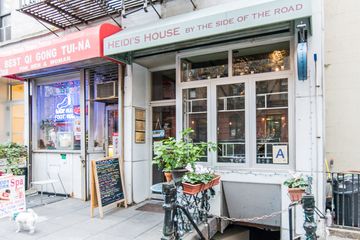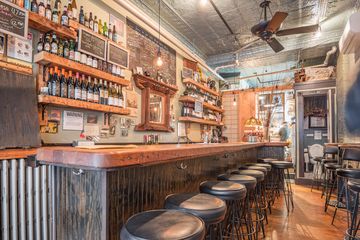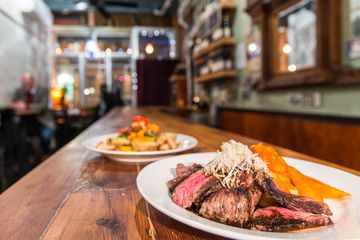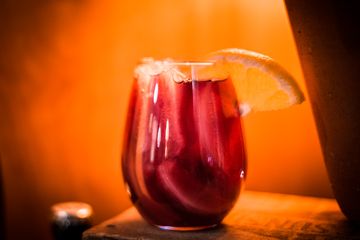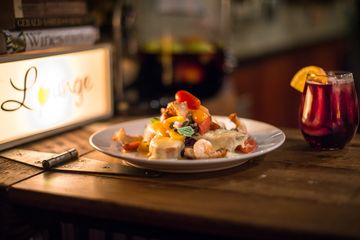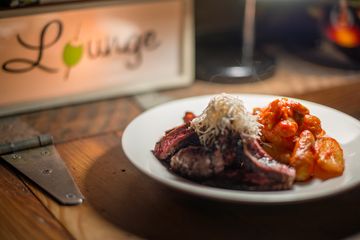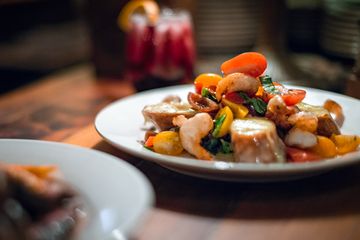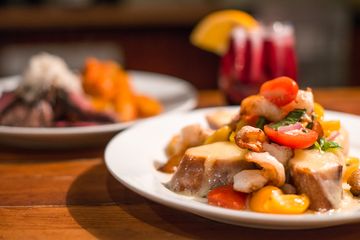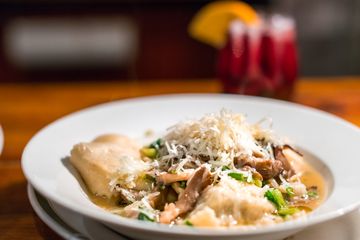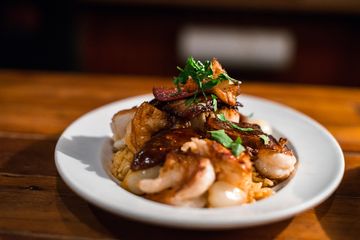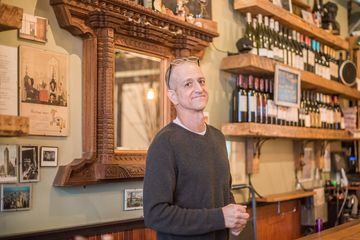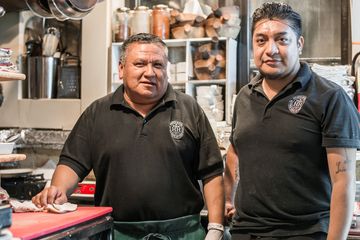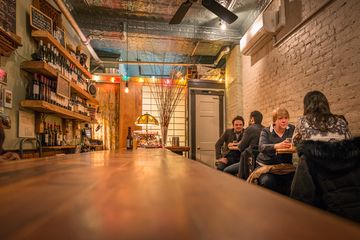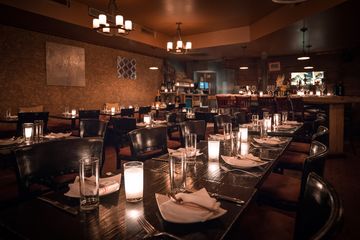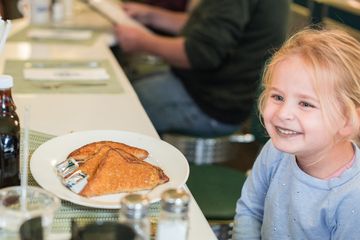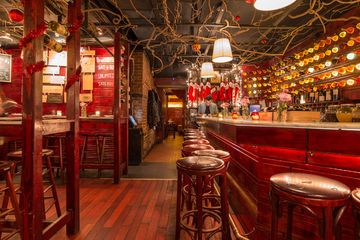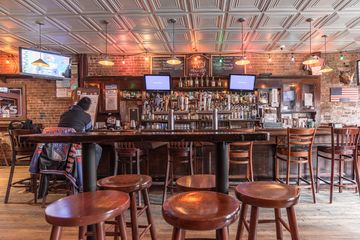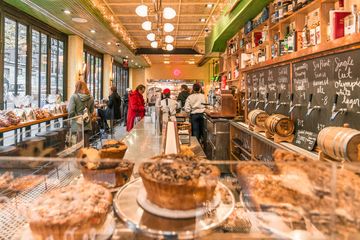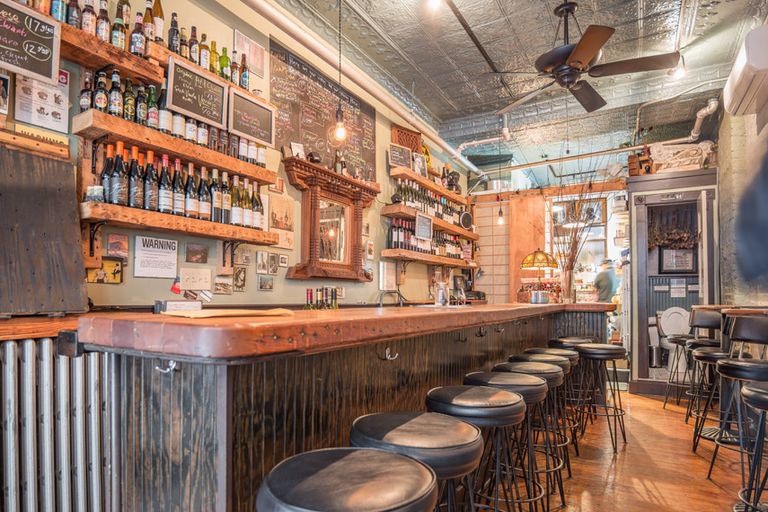
Ed and his wife Heidi know that being small has its advantages and disadvantages. Their reputation has been growing, which is wonderful, but on many evenings this can also mean up to an hour wait for people hoping to get into the tiny restaurant. Based on its popularity, there is no doubt that the cozy eatery has filled a void uptown. Unlike the East Village, for instance, where every nook and cranny is filled with enticing bars and restaurants, Heidi’s House is the only one of its kind in the immediate area. Ed emphasized that he would not want it any other way - he loves being “part of the fabric of the neighborhood” and interacting with the steady, loyal crowd.
Ed and Heidi are both former teachers. The full name of the restaurant is “Heidi’s House by the Side of the Road,” a reference to a poem of the same name by Sam Walter Foss. While Heidi is presently studying for a masters degree, Ed has been taking on more of the responsibilities in running the restaurant, though Heidi is still the master of the wine list, which has a wide, interesting selection and rotates with the seasons. Ed is the beer man and has steered away from draught, preferring craft and bottled beers. He is also in charge of the space. He put his skills as a former carpenter to use in building the restaurant, finding salvaged wood from the building itself, some of which is over 100 years old.
Ed brought out a couple signature dishes for the Manhattan Sideways team to photograph. Cipriano and his sous-chef Heleo Aviles whipped up a plate of bruschetta as well as the seared sirloin steak special, served with fingerling potatoes, red pepper puree, and fresh horseradish sauce. Though it was early, the small space was already bustling, and bartender Rosendo Hernandez had his work cut out for him.
When Ed and Heidi first began planning their restaurant, they wanted to create a place where they, themselves, would like to go. They designed an intimate, TV-free zone with great jazz and good food where customers could meet and enjoy a conversation while dining on an eclectic mix of comfort food. For the latter, they found Cipriano Pita, who has been with Heidi and Ed since they first opened Heidi’s House in 2010. Originally from Puebla, Mexico, he is a “natural born cook,” smart and intuitive. Because of the limited space in Cipriano's "workshop," Ed said that the produce, meat, and fish are delivered daily. "We have nowhere to store it, so it has to be fresh." Everything is hands-on, without any corporate elements.
The atmosphere is similarly guided by what Ed and Heidi want to see in their space. They brought decorations from home, including framed post cards, quirky sculptures, and a Nepalese window frame. There are board games at the front of the restaurant including checkers, chess, Scrabble, dominoes, and Trivial Pursuit. I was struck by a poem on the wall behind the bar written by a child who came to dine with her family, detailing her experience at Heidi’s. “Everyone wants to be around things that they like,” Ed pointed out. It was refreshing to experience a place where every detail is decided by what the owners like, not what they assume the customers prefers - in the end, it appears that they are one in the same.
